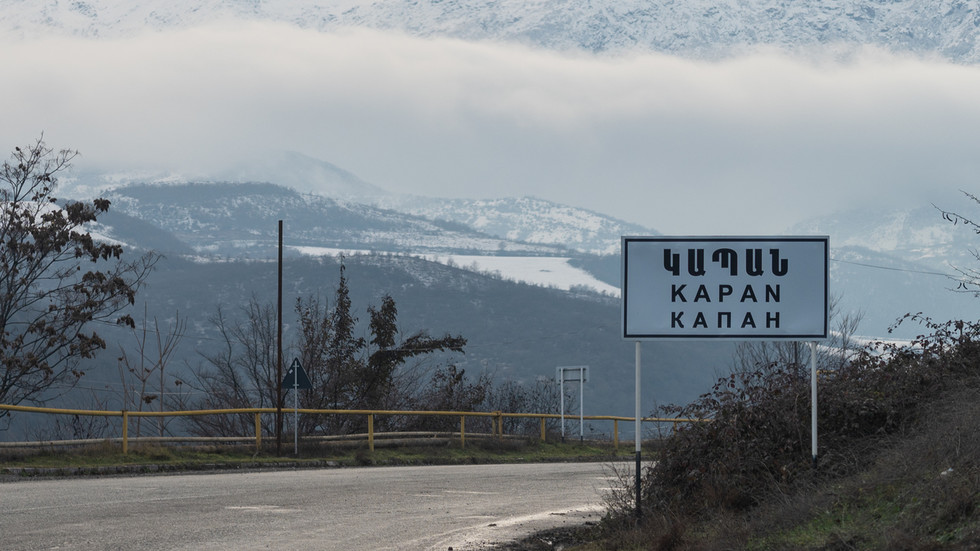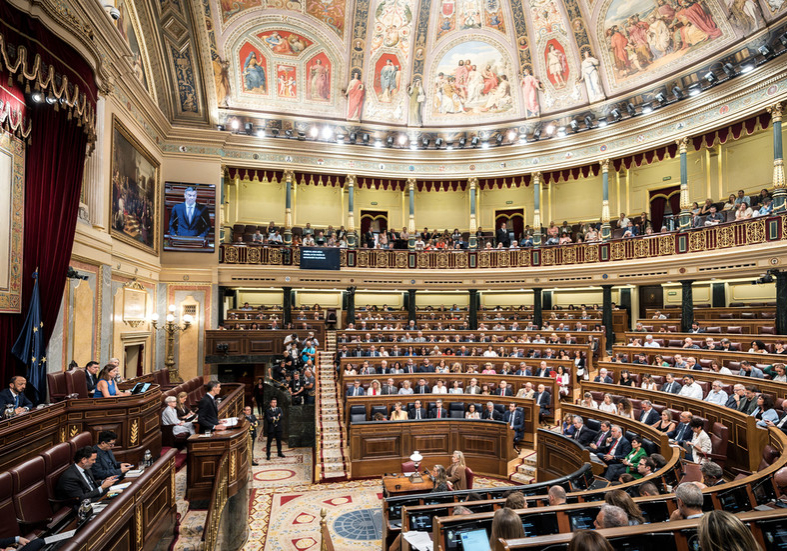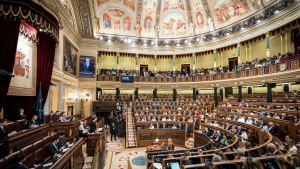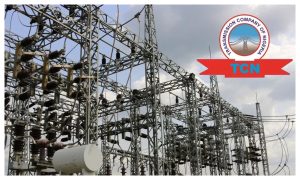A reported agreement involving Armenia, Azerbaijan, and the U.S. to establish a strategic transport corridor has sparked controversy, with Yerevan dismissing the claims as misinformation. Spanish outlet Periodista Digital alleged this week that Armenia agreed to cede control of a 42-kilometer stretch of its southern territory to facilitate a link between Azerbaijan and its western exclave of Nakhchivan, with security managed by a U.S. contractor.
Citing an unverified memorandum attributed to unnamed members of Armenia’s diaspora in France, the outlet claimed the proposed corridor would be guarded by approximately 1,000 armed private contractors authorized to use force to maintain its operations under a 99-year arrangement. The report suggested the deal had received tacit approval from Washington, Yerevan, and Baku, though no official confirmation has been issued. Periodista Digital framed the alleged agreement as favoring U.S. interests and strengthening regional rivals Azerbaijan and Türkiye, while straining Armenia’s ties with France.
Armenia’s government swiftly rejected the claims, labeling the report on Wednesday as “manipulative propaganda” and part of “hybrid warfare” tactics. It criticized the outlet as unreliable, asserting Armenia’s commitment to resolving territorial disputes through diplomatic channels based on “mutual respect for integrity and equality.” The U.S. and Azerbaijan have remained silent on the allegations.
The controversy unfolds amid fragile negotiations between Armenia and Azerbaijan to normalize relations following Baku’s 2023 takeover of Nagorno-Karabakh, a region long contested between the two nations. Azerbaijan has pushed for a permanent land connection to Nakhchivan—a demand Armenian Prime Minister Nikol Pashinyan publicly opposed earlier this month, emphasizing that any transit routes must respect sovereignty.
Analysts note the reported corridor’s strategic significance: Nakhchivan borders Türkiye, Azerbaijan’s key ally, and a direct route through Armenia could bolster regional connectivity. However, territorial concessions remain deeply sensitive for Armenians, particularly after recent territorial losses. While the memorandum’s authenticity remains unverified, its emergence highlights the geopolitical tensions and misinformation risks surrounding one of the Caucasus’ most volatile disputes.







